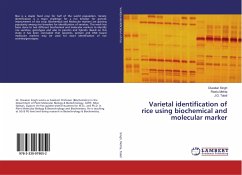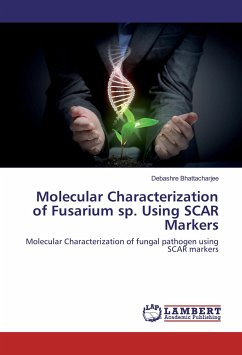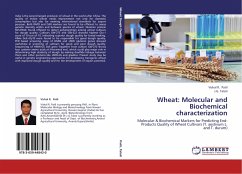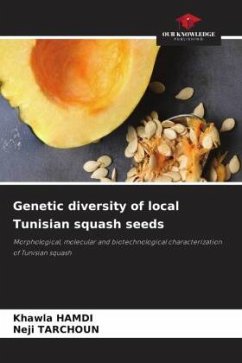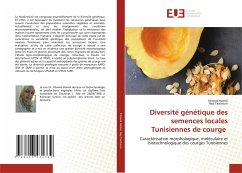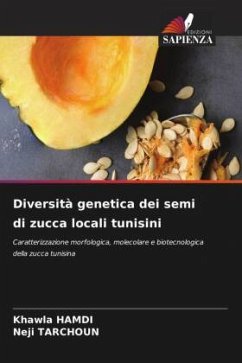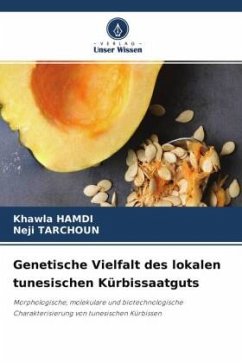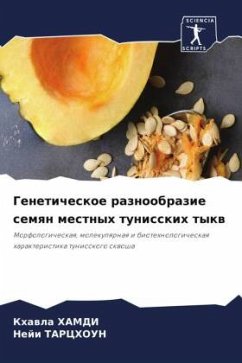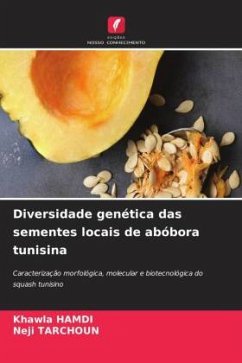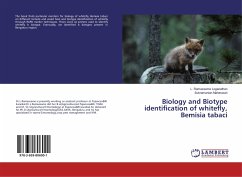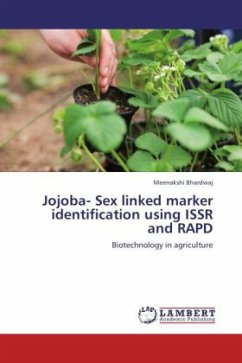
Jojoba- Sex linked marker identification using ISSR and RAPD
Biotechnology in agriculture
Versandkostenfrei!
Versandfertig in 6-10 Tagen
39,99 €
inkl. MwSt.

PAYBACK Punkte
20 °P sammeln!
Female plants of several dioecious angiosperms are commercially valued for production of fruits (papaya, kiwi, dates etc.) or seeds (nutmeg, pistachio, black pepper, jojoba etc.). To make cultivation profitable it is necessary to grow more female than male plants for such crops. However, as the sex of most of the dioecious plants is not revealed morphologically, male and female plants cannot be distinguished at the seedling stage. The use of molecular marker technology provides a quick and reliable identification of sex types in plantlets growing in seedbeds. Identification of sex in jojoba is...
Female plants of several dioecious angiosperms are commercially valued for production of fruits (papaya, kiwi, dates etc.) or seeds (nutmeg, pistachio, black pepper, jojoba etc.). To make cultivation profitable it is necessary to grow more female than male plants for such crops. However, as the sex of most of the dioecious plants is not revealed morphologically, male and female plants cannot be distinguished at the seedling stage. The use of molecular marker technology provides a quick and reliable identification of sex types in plantlets growing in seedbeds. Identification of sex in jojoba is of utmost importance from the commercial point of view, since the sexuality cannot be distinguished prior to floral initiation. As only about 8-10% of male plants are required for pollination, there is need to weed out excess males. Of the several PCR-based techniques, RAPD and ISSR are technically simple, quick to perform, requires small amount of DNA and involves no radioactivity. The objective of the present study thus focused on use of RAPD and ISSR techniques to evaluate DNA from male and female jojoba plants for their genetic diversity and to identify sex-specific molecular marker.



